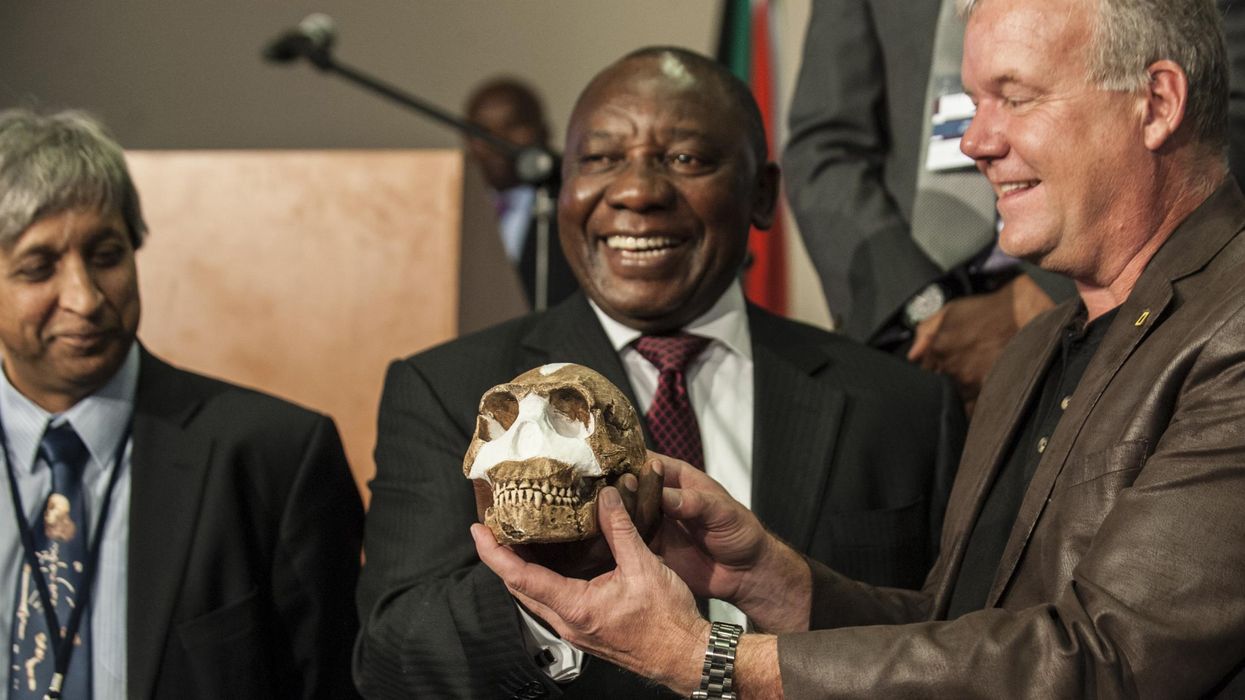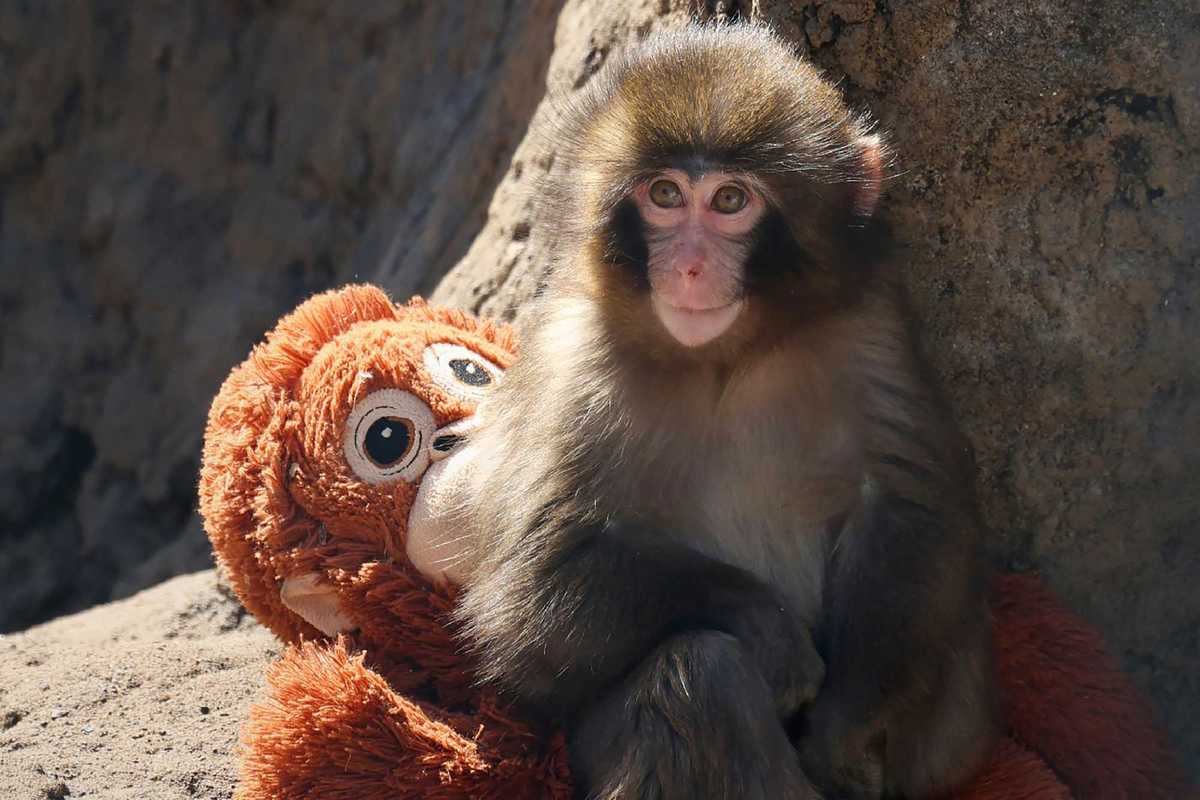News
Louis Dor
Jul 25, 2017

Picture:
STEFAN HEUNIS/AFP/Getty Images
Humans, Homo Sapiens, are just one of a number of species of hominins - think Neanderthals and Denisovans.
Though they're now extinct, a new study suggests that our early ancestors used to breed among a number of early hominin species.
Omer Gokcumen, assistant professor of biological sciences at the University of Buffalo, said:
It seems that interbreeding between different early hominin species is not the exception — it’s the norm.
He tested the DNA of humans living in Sub-Saharan Africa and found genes that were "wildly different from versions found in other modern humans".
He suggests that these genes are probably the remnants of interspecies reproduction which occurred around 150,000 years ago with an as-yet-unknown hominin:
Based on our analysis, the most plausible explanation for this extreme variation is archaic introgression — the introduction of genetic material from a ‘ghost’ species of ancient hominins.
This unknown human relative could be a species that has been discovered, such as a subspecies of Homo erectus, or an undiscovered hominin.
We call it a ‘ghost’ species because we don’t have the fossils.
The DNA in question is found in saliva:
Our research traced the evolution of an important mucin protein called MUC7 that is found in saliva.
When we looked at the history of the gene that codes for the protein, we see the signature of archaic admixture in modern day Sub-Saharan African populations.
This Sub-Saharan variant of MUC7 was so distinctive that Neanderthal and Denisovan genes matched more closely with it than other modern humans around the world.
The protein itself was shown in a previous study to likely have served an important purpose in humans.It appears to influence the makeup of the collection of bacteria within the mouth.
The evidence for this came from an analysis of biological samples from 130 people, which found that different versions of the MUC7 gene were strongly associated with different oral microbiome compositions.
Stefan Ruhl, DDS, PhD, a professor of oral biology in the University's School of Dental Medicine, said:
The MUC7 protein is thought to enhance the ability of saliva to bind to microbes, an important task that may help prevent disease by clearing unwanted bacteria or other pathogens from the mouth.
HT News.com.au
More: Scientists say Pacific Islanders have DNA from unknown human ancestors
Top 100
The Conversation (0)












